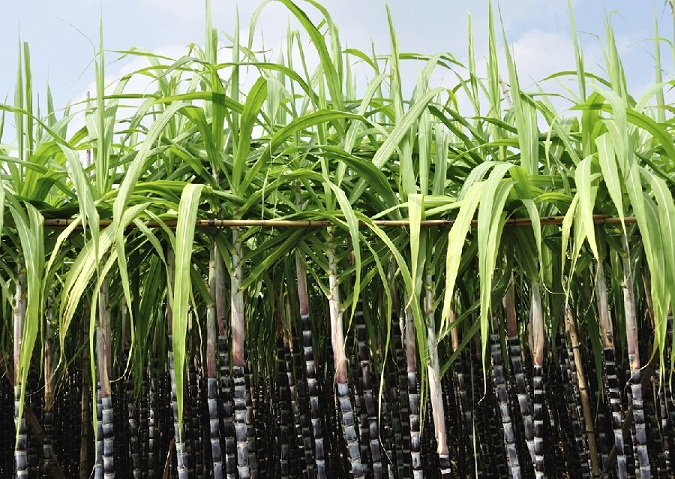Looking to reduce air pollution caused by crop stubble burning, the Uttar Pradesh government will distribute 1.7 million bio-decomposers to convert paddy straw into bio-compost.
The move is part of efforts to find a permanent solution to this persisting problem through penalties, awareness and other possible methods.
After harvesting paddy and wheat, the main kharif and rabi crops respectively, it has become a common practice in India to burn the residue of these crops to prepare the fields for the next crop.
According to the draft of the Uttar Pradesh State Bioenergy Policy 2022, various types of incentives will be provided to agriculture residue-based bio-CNG and bio-CBG (compressed bio-gas) units.
Such units will be set up in every district as announced by chief minister Yogi Adityanath.
Such a plant, which typically costs nearly Rs 160 crore, is being set up by Indian Oil in Dhuriapar, Dakshinanchal, Gorakhpur. It is expected to be operational by March 2023.
The plant will utilise rice and wheat straw, rice husk, sugarcane leaves and cow dung, while each such material will have a fixed rate.
Apart from employment in the plant, large scale job opportunities will be generated at the local level in the field of gathering, loading, unloading and transportation of raw materials for the requirement of the plant.
Podcast -How is currency exchange rate fixed?
The compost manure that will be available after the production of CNG and CBG will be made available to the farmers at cheap rates.

